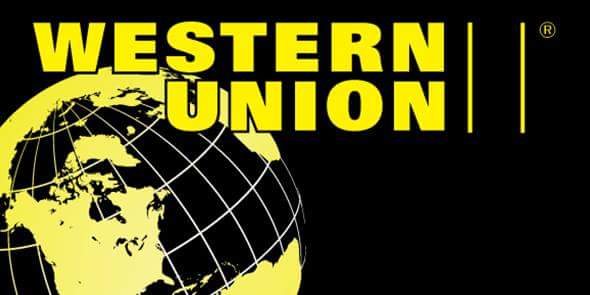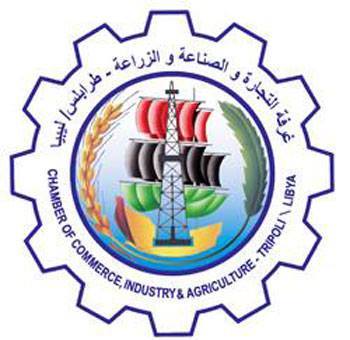By Sami Zaptia.

London, 17 August 2016:
Sahary bank said yesterday that it has been forced to shut down its Western Union foreign currency money transfer transactions at various branches due to armed intimidation and coercion.
Sahary had only just restarted it’s Western Union service. “However, and unfortunately, for the public’ s information, a lot of trouble occurred as well as threats and closures of branches” and “armed threats to employees and their families”, it reported.
This has “forced the bank to close the service temporarily until the start of online (Western Union transfer) bookings through the bank’s website”.
This is unfortunate news for the beleaguered Libyan citizens who have suffered immensely when it comes to foreign currency transfers.
Firstly, the black market and its sky-high exchange rate is the only realistic option for obtaining foreign currency for most average Libyan citizens.
However, the black market exchange rate is currently around LD 5 to one dollar whereas the official dollar exchange rate is LD 1.37 per dollar.
Secondly, what little foreign currency is made available for general sale even at the sky-high exchange rates usually never reaches the average Libyan citizens.
Average Libyan citizens complain that there exists a ” foreign exchange mafia” between bank employees and black market currency dealers which controls the flow of any foreign currency on offer.
Cynics go as far as saying that the Libyan black market foreign currency dealers run a monopolistic cartel that controls the Libyan market – keeping it artificially high.
The armed coercion and threats that have forced Sahary to close down its Western Union service is seen by critics as part of this monopolistic narrative.
On the other hand, while the weak Libyan state and its weak security and law enforcement may play a role in some monopolistic practices by currency dealers, others see the sky-high exchange rates as simply a reflection of Libya’s economic fundamentals.
Economic analysts and experts have told Libya Herald that Libya’s slump in oil production to around a quarter of normal rates and the crash in international crude oil prices are the fundamental driver of Libya’s sky-high black market foreign exchange rates.









